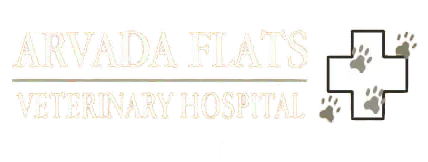Are you concerned that your child's allergies may mean that you will have to give up your pet? Although rehoming a pet may be necessary if allergies are severe, most children can live with pets if you are willing to make a few changes. The Problem About three in 10 people who have allergies are allergic
Read more-
Managing Pet Allergies in Kids
Category: Newsletter Library, Tips for Pet Owners
-
How to Tell A Pet's Age from Its Teeth
Category: Newsletter Library, Tips for Pet Owners
-
Cat Food Labels: What Nutritional Facts and Ingredients to Look For
Category: Newsletter Library
-
First Aid Basics for Pet Owners
Category: Newsletter Library
-
What You Can Do to Protect Your Dog from Worms
Category: Newsletter Library
-
How to Pet-Proof Your Home
Category: Newsletter Library
-
Does Your Cat Need a Bath?
Category: Newsletter Library
-
How Healthy Are Your Pet's Teeth?
Category: Newsletter Library
-
What Your Cat's Eyes Can Tell You
Category: Newsletter Library
-
The Best Dog Breed for Your Personality and Lifestyle
Category: Newsletter Library
If you're looking for a dog breed that has the temperament to match yours, these tips will help you find a great match in your new pet.
Read more -
Signs That Your Cat is Experiencing Pain
Category: Newsletter Library
-
Holiday Pet Safety Tips
Category: Newsletter Library
-
Breed Specific Rescue Groups
Category: Video Newsroom, Other Interests
Many dog owners admire the unique looks and personalities of purebreds, but also worry about the fate of millions of pets euthanized each year. What many people don't realize is that there are specific breed rescue organizations for almost every breed of dog, placing dogs in need to new homes. Dogs aren't
Read more -
Does Your Dog Have a Sleep Disorder?
Category: Newsletter Library
-
Can Pets Get Food Poisoning?
Category: Newsletter Library
-
Could Your Cat Have a Neurological Disorder?
Category: Newsletter Library
